Ubiquiti AmpliFi Alien vs. Linksys Velop MX10: Which Wi-Fi 6 router should you buy?

Linksys Velop MX10
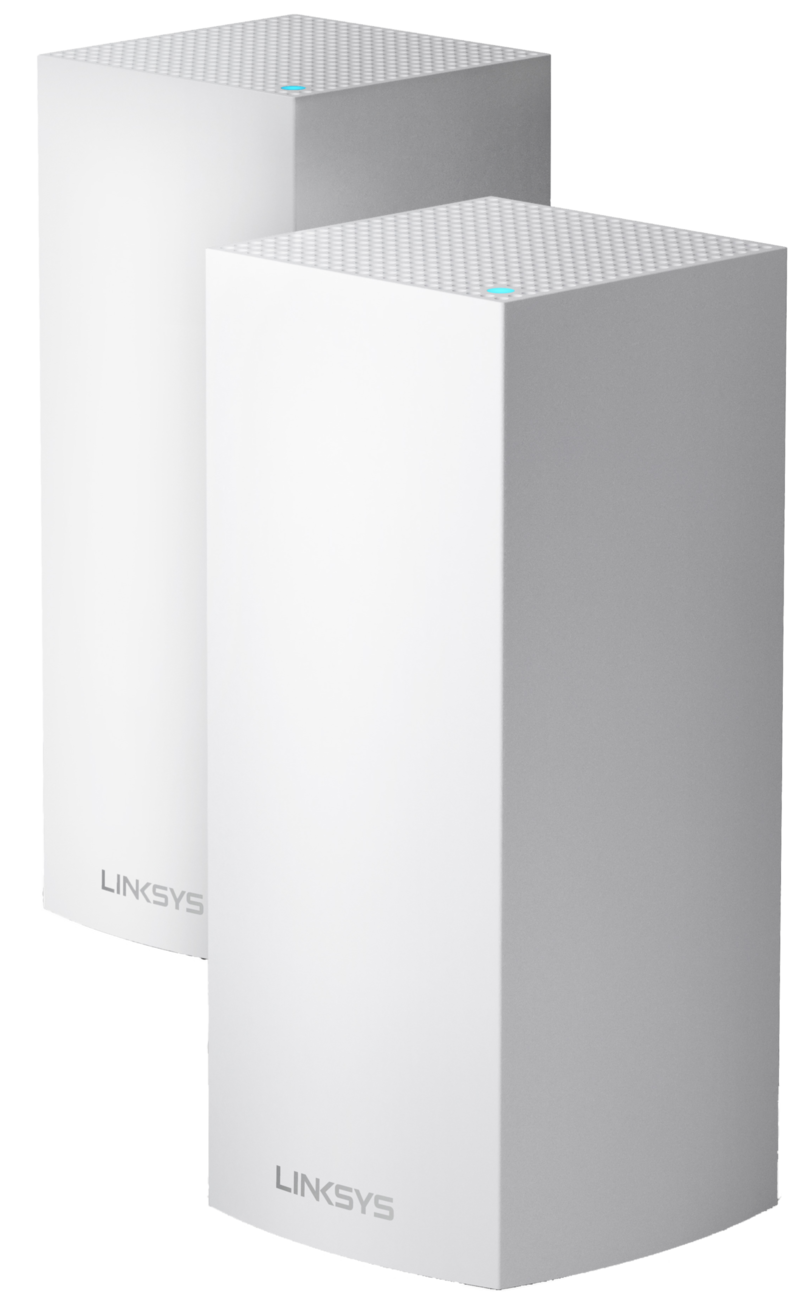
The Linksys Velop MX10 comes with a base and a node that can provide more than enough coverage for even large homes with plenty of speed for the vast majority of people thanks to a fast Wi-Fi 6 backhaul. If you are looking to make the most of your gigabit internet connection, the Velop MX10 should be able to keep up even if you're connected to the node.
Linksys Velop MX10
Reasons to buy
Reasons to avoid
Ubiquiti AmpliFi Alien
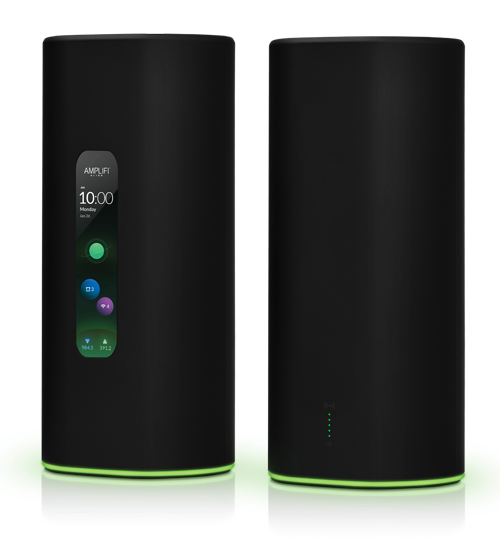
Ubiquiti doesn't hold anything back with the AmpliFi Alien. With a sleek matte black housing and color display on the front, this is easily one of the best looking wireless routers available. It doesn't stop with looks either, packing some of the fastest Wi-Fi 6 speeds seen in a mesh system and enough power to cover a very large house.
Ubiquiti AmpliFi Alien
Reasons to buy
Reasons to avoid
To be clear, both the Linksys Velop MX10 and Ubiquiti AmpliFi Alien mesh systems are very fast and capable mesh systems. The Velop MX10 mainly takes the lead over the Alien because both the node and the base router have four Ethernet ports on them allowing for more devices to be wired. The Alien, by contrast, has four available on the base but the node only has one. To many people, this won't be a big deal but can be a factor since you'll need to place your main router near any devices that need to be wired or purchase additional networking equipment. Finally, the Velop MX10 is available at a lower price compared to the Alien, however, both systems carry the same MSRP so this could change.
Ubiquiti AmpliFi Alien vs. Linksys Velop MX10 How much speed do you need?
Some of the most popular mesh Wi-Fi kits on the market aren't very fast compared to normal routers in the same price range. For most people, making sure they get every single megabit of their connection in their entire home is less of a concern than being sure they have a reliable connection. Both of these routers have more than enough wireless speed for anything short of running a multi-terabyte home backup or several streams of high-quality video without interrupting or compromising normal usage. Still, if you have a full house with a lot of streamers, there is no such thing as too much speed.
| Header Cell - Column 0 | Linksys Velop MX10 | Ubiquiti AmpliFi Alien |
|---|---|---|
| Total combined speed | 5282Mbps | 7685Mbps |
| Wi-Fi standard | Wi-Fi 6 (802.11AX) | Wi-Fi 6 (802.11AX) |
| LAN Ethernet on base | 4 ports | 4 ports |
| LAN Ethernet on nodes | 4 ports | 1 port |
| Security | Up to WPA3 | Up to WPA2 |
| Setup | App or web | App or web |
| Dimensions | 4.33x4.33x9.84 inches | 4.5x4.5x9.6 inches |
When it comes down to it, the biggest decision is whether the Alien's extra wireless speed means more for your home than the Velop's extra wired options. Of course, neither of these options are terribly budget-friendly but the Velop MX10 is available at a lower cost.
Both offer coverage for very large homes
Whether you have a large house or an apartment with concrete walls, you may have found it difficult to cover your entire home with consistent and fast Wi-Fi. Mesh networks solve the coverage issue by decentralizing the network. Then Wi-Fi 6 brings the capacity to keep speeds high even when there are a lot of connection requests.
The AmpliFi Alien has greater coverage by the spec sheet and will likely offer better coverage than the Velop MX10. While Ubiquiti hasn't gotten too specific about coverage, it does claim that the Alien can get twice the coverage of its previous AmpliFi HD router, which came in at 10,000 square feet. That's huge but keep in mind that things like concrete or brick walls can significantly cut down speed, especially on the faster 5GHz bands.
Get the latest news from Android Central, your trusted companion in the world of Android
The same concerns for interference exist with the Velop MX10 and can have an even larger impact due to Linksys only expecting 3,000 square feet of coverage per router. Combined with the included node, however, the MX10 should be able to cover nearly any home without needing additional nodes. Still, the AmpliFi Alien does offer greater coverage.
How much does the speed difference matter?
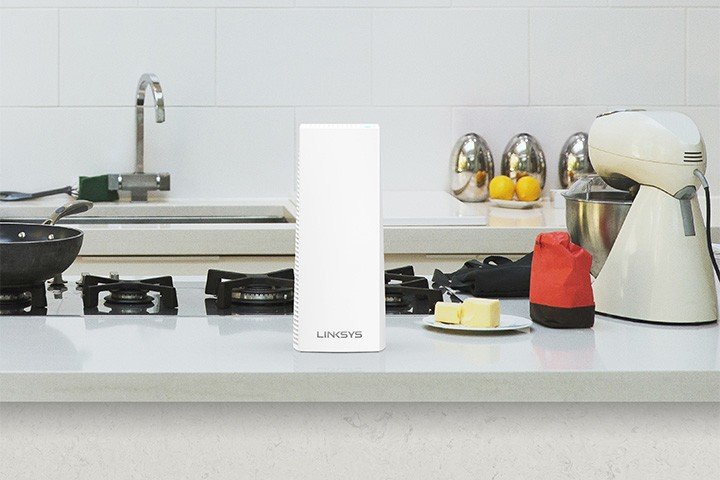
Both of these routers utilize Wi-Fi 6 and MU-MIMO to keep speeds high even with a lot of connections and challenging conditions, but the AmpliFi Alien simply has more raw speed to work with. This, of course, assumes you have a Wi-Fi chipset and antenna in your wireless device that can even access a connection this fast. Most Wi-Fi 6 enabled phones like the Galaxy S20 series or iPhone 11 Pro only support up to 1,200Mbps.
The speed difference will only become apparent with multiple connections pulling data at once but thanks to both routers being able to deliver multiple gigabits per second on the 5Ghz bands, speeds should remain usable.
Both of these routers are limited to 1Gbps internet access thanks to a lack of support for multi-gig WAN ports. This speed will be more than many people ever need at home and with either of these routers, you'll get closer to that speed throughout the house than with older routers. Other than a few game downloads, I've rarely been able to fully saturate my 500Mbps connection, let alone a gigabit connection.
Ubiquiti AmpliFi Alien vs. Linksys Velop MX10 How does expansion work?
Wi-Fi 6 mesh systems can make the most of their improved wireless speeds when it comes to building a larger mesh with more nodes but compatibility with older nodes can be tricky. The AmpliFi Alien leaves some compatibility behind in pursuit of speed and features and can only mesh with other Alien routers or the Alien nodes. Older AmpliFi nodes and routers will not be compatible with this new mesh. If you were looking to update your AmpliFi mesh core with the Alien and keep your older nodes, you're out of luck.
The Linksys Velop MX10, on the other hand, keeps compatibility with older and slower Velop nodes. You will, of course, want to keep your faster router connected to your modem, but it's nice that you can fill in some corners of your home with your older nodes instead of sending them to recycling. It's worth keeping in mind that some of the newer features like WPA3 won't be available with this setup and older devices likely won't see a speed increase.
Ubiquiti AmpliFi Alien vs. Linksys Velop MX10 The small details
AmpliFi Teleport is an easy-to-use home VPN option that allows you to connect to your home network from anywhere with an internet connection. This feature can be great for travelers and while it's not that useful to a lot of people, for some it will be a deciding factor in the purchase. It's possible to set up a home VPN on nearly any router but the simplicity of connecting with Teleport is hard to beat, especially since it's included free of charge.
As far as design goes, the Linksys Velop MX10 is a sleek device with a simple, matte white appearance, and all of the wires are isolated to a single area at the back. That being said, I find the design of the AmpliFi Alien to be more appealing with its matte black housing and a front display showing network information with just a glance. You can see connected devices and speeds in the app for either product but something is reassuring about having it front and center all the time.
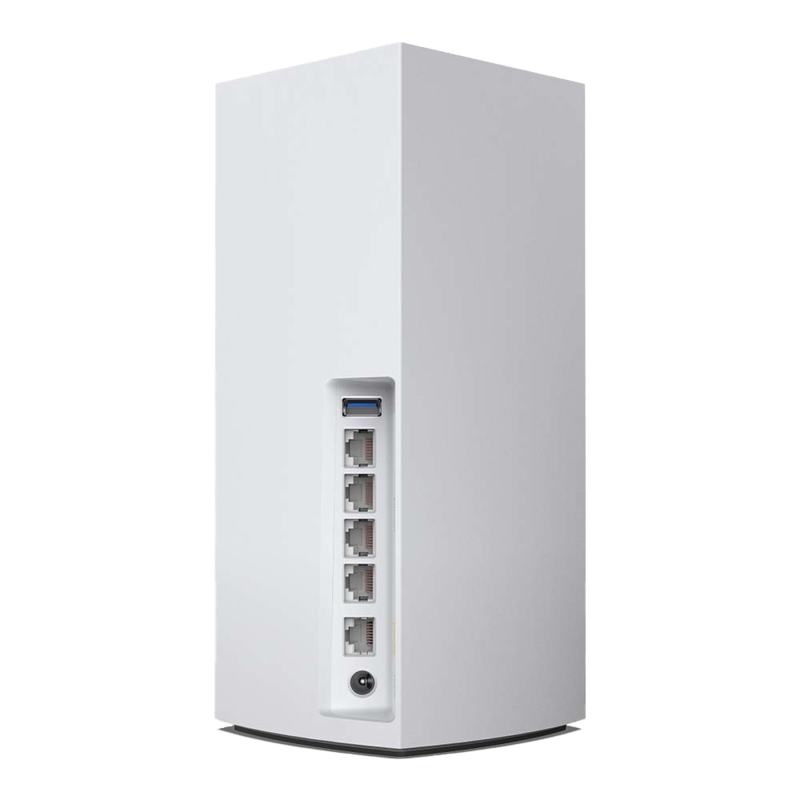
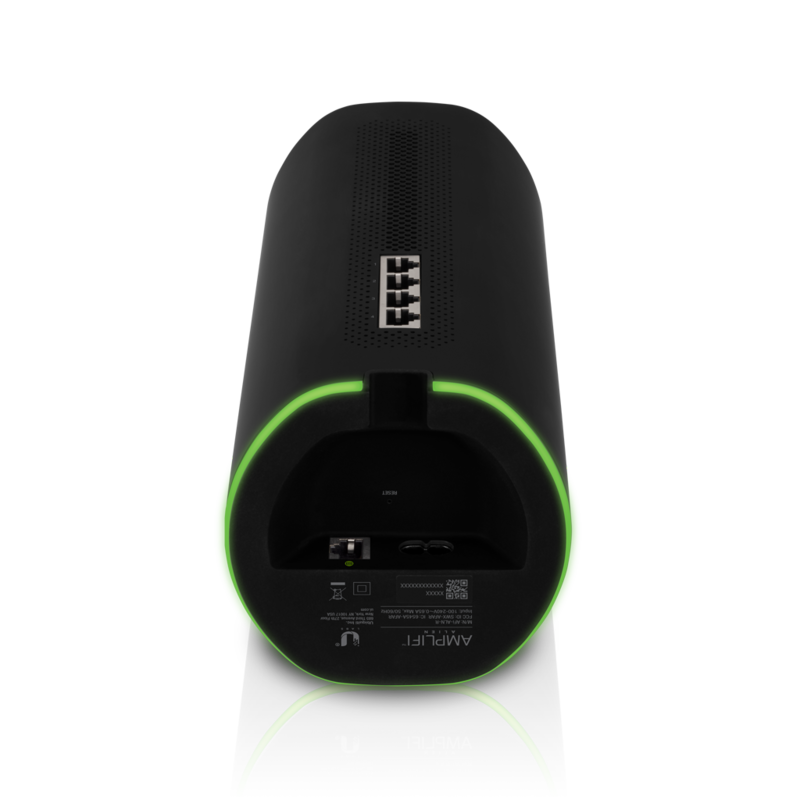
Unless you have wired devices connected, all of the connections for the Alien are cleanly routed through the base. On the design front, it feels like the AmpliFi Alien is more thoughtfully considered even if its glowing green base and front display aren't strictly necessary.
Which should you choose?
The Ubiquiti AmpliFi Alien is a great router with a ton of power and speed making it a contender to be one of the best wireless routers overall. If you were to choose it for your home, you would get great speeds and an attractive design as well as future-proof features like Wi-Fi 6. The problem is that the Linksys Velop MX10 offers nearly the same set of features and speeds with a couple of benefits like the additional Ethernet ports. With a lower price and a nearly matching feature set, the Linksys Velop MX10 will be a better value, even at its high price.

When Samuel is not writing about networking or 5G at Android Central, he spends most of his time researching computer components and obsessing over what CPU goes into the ultimate Windows 98 computer. It's the Pentium 3.
